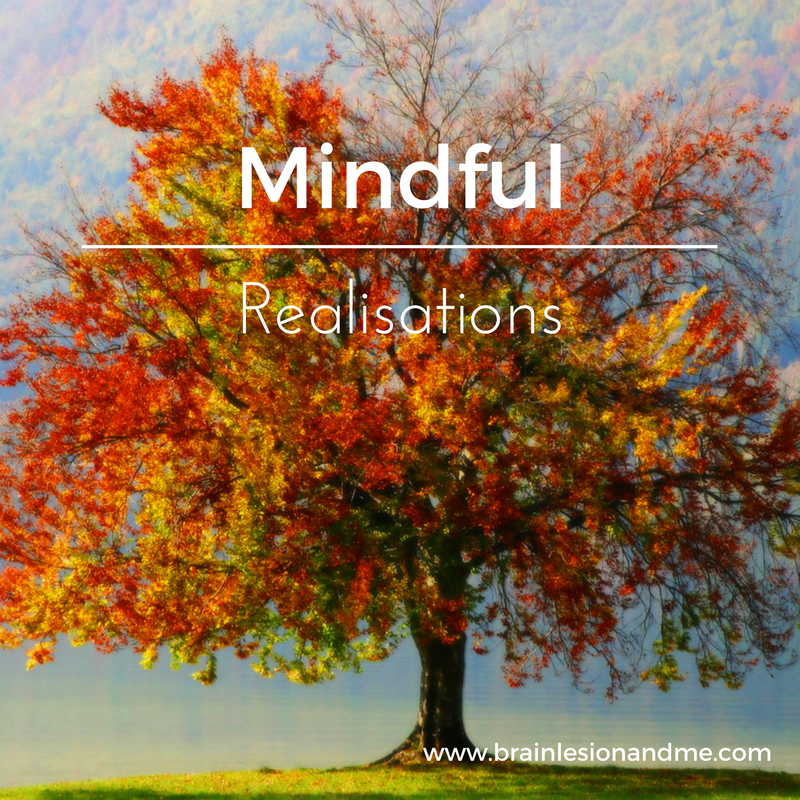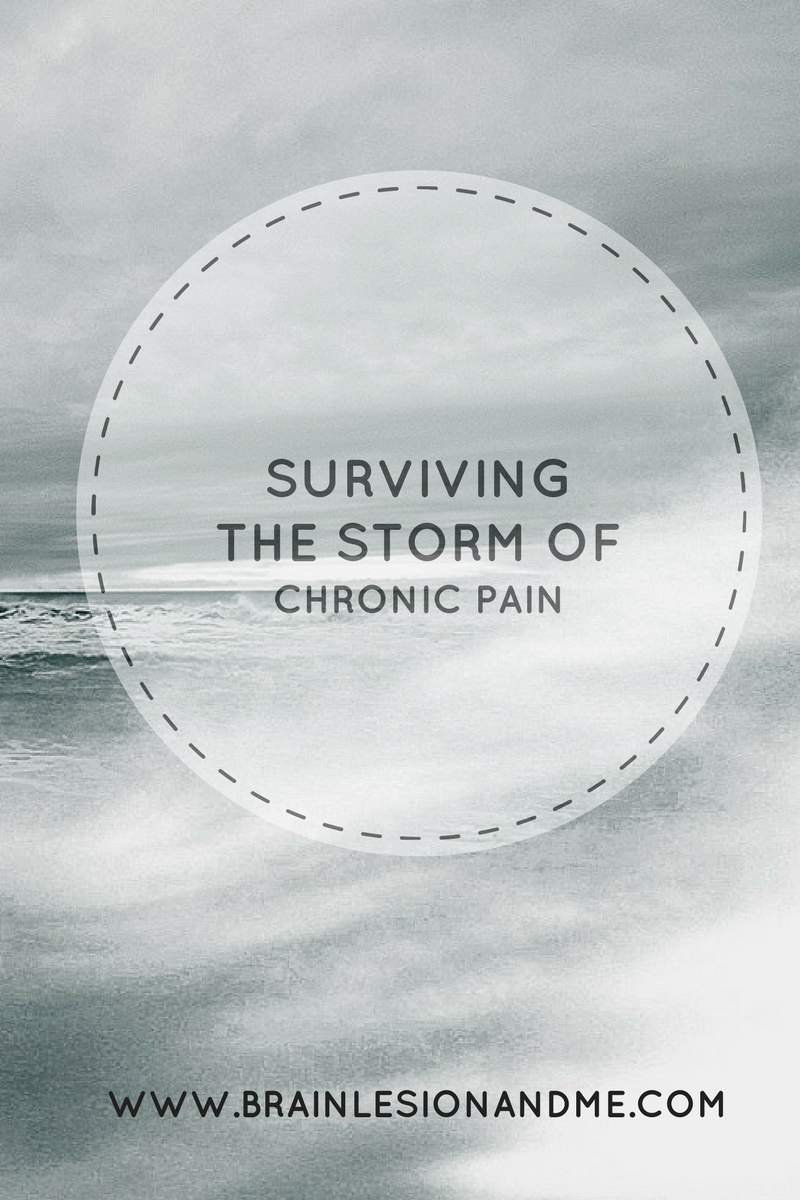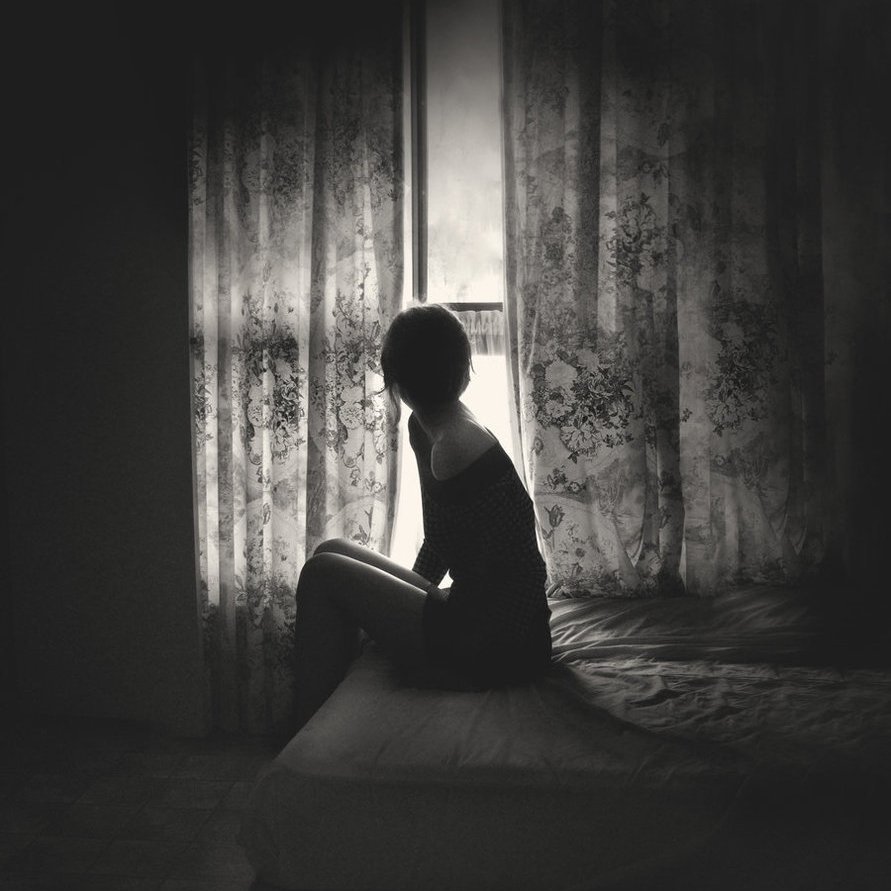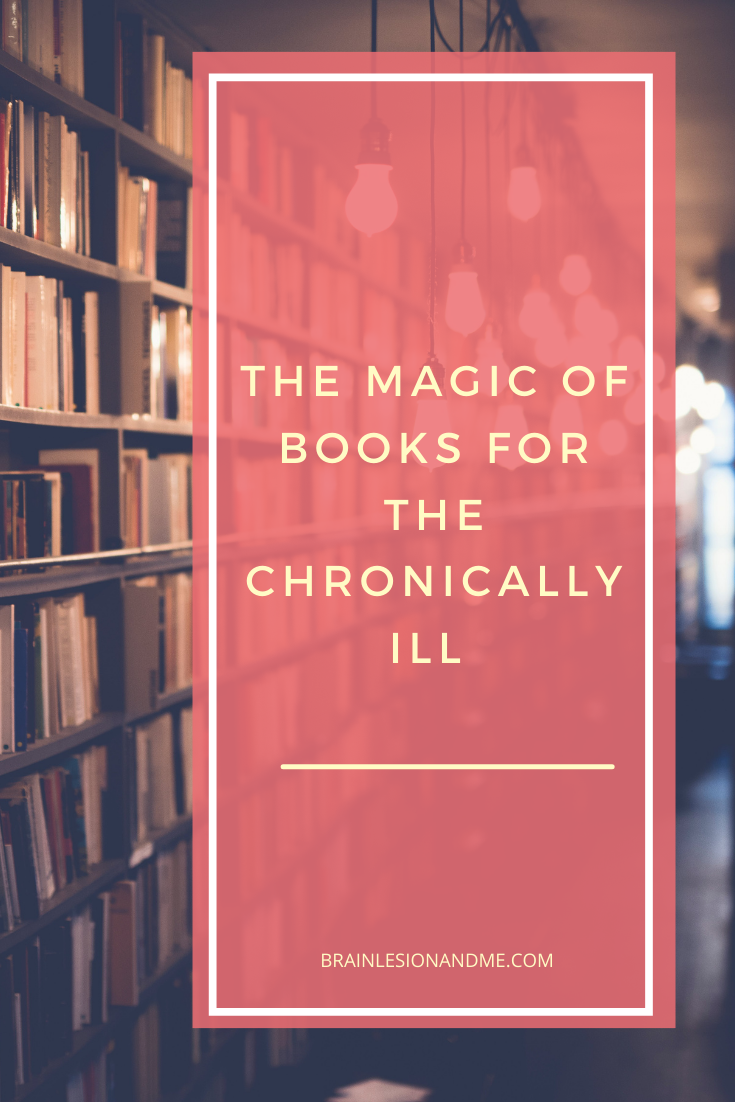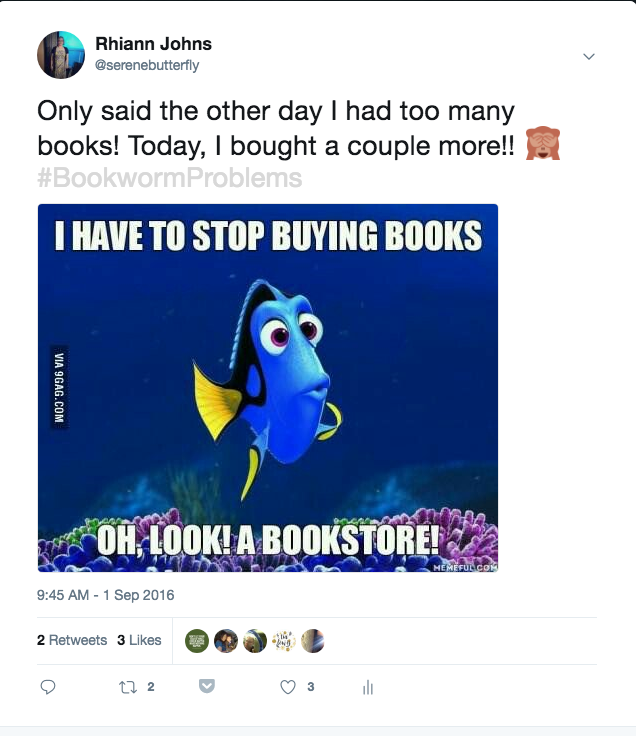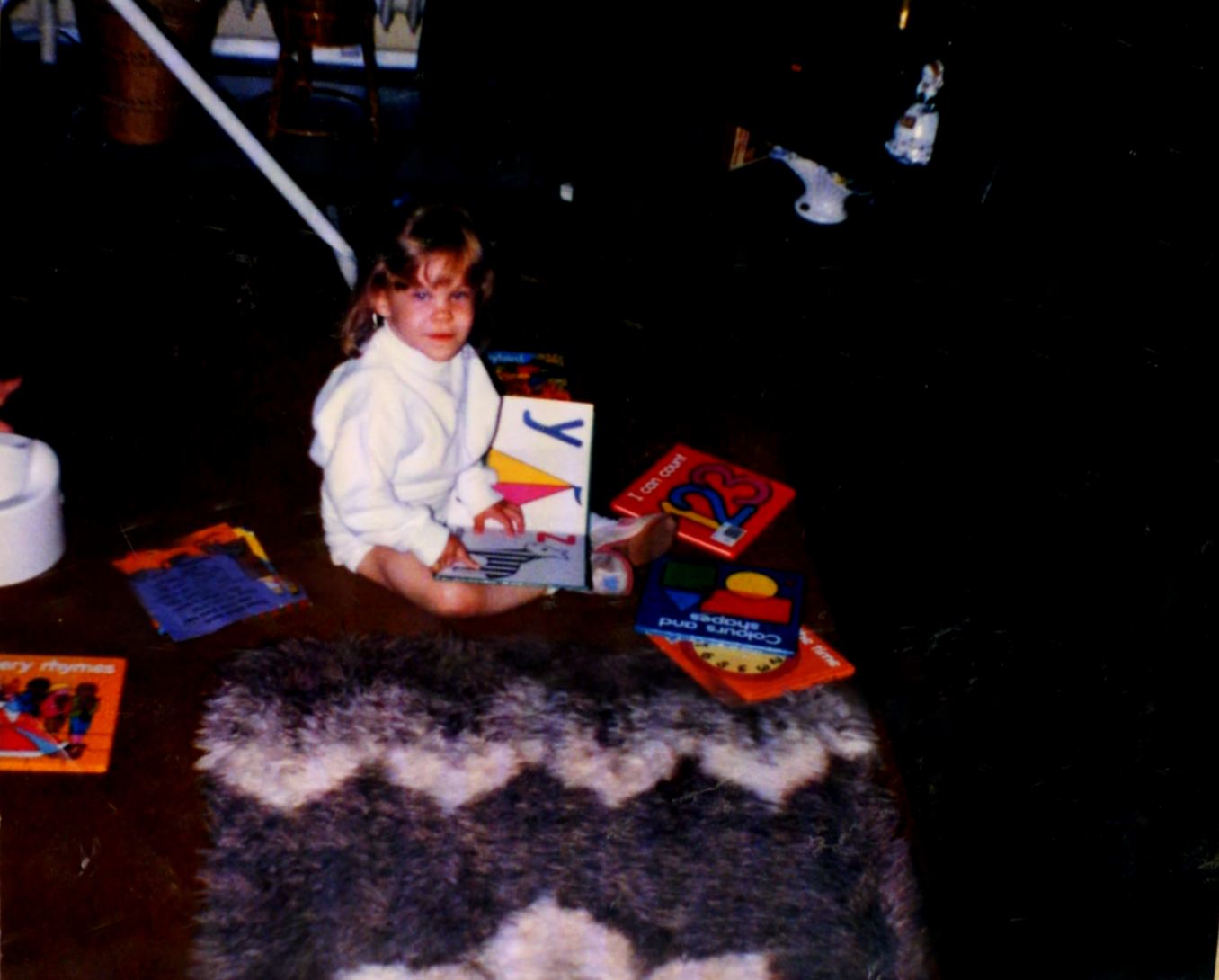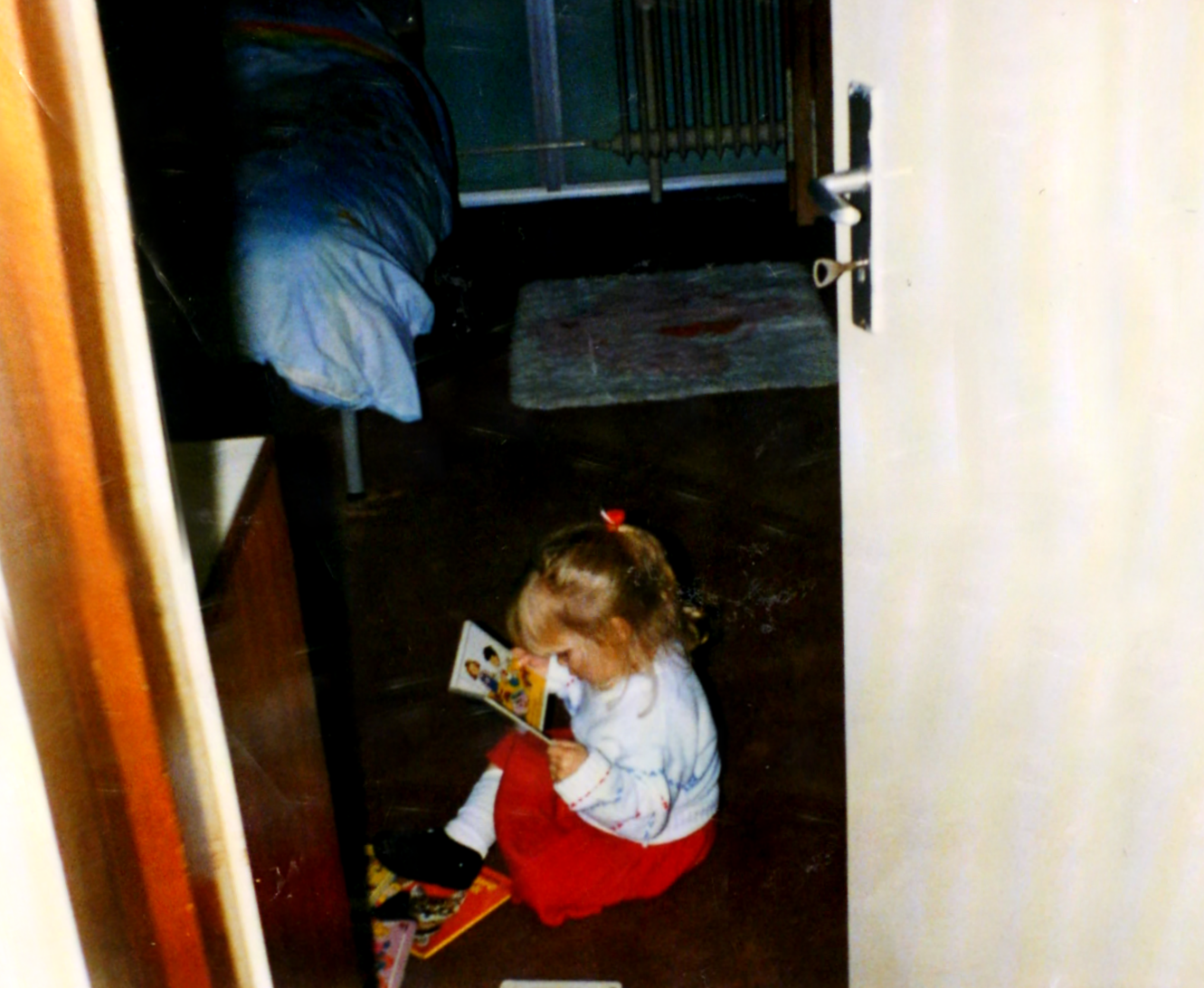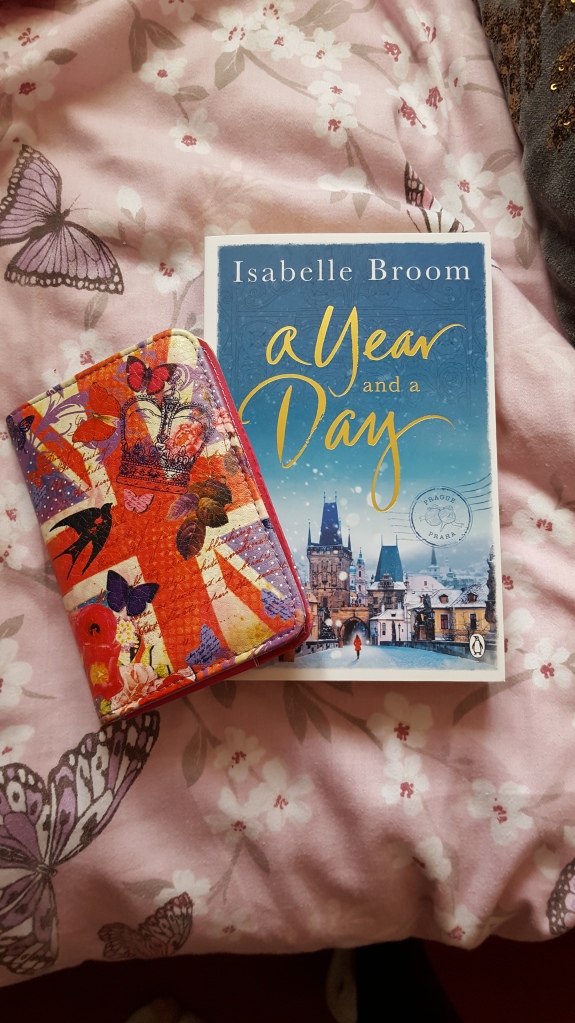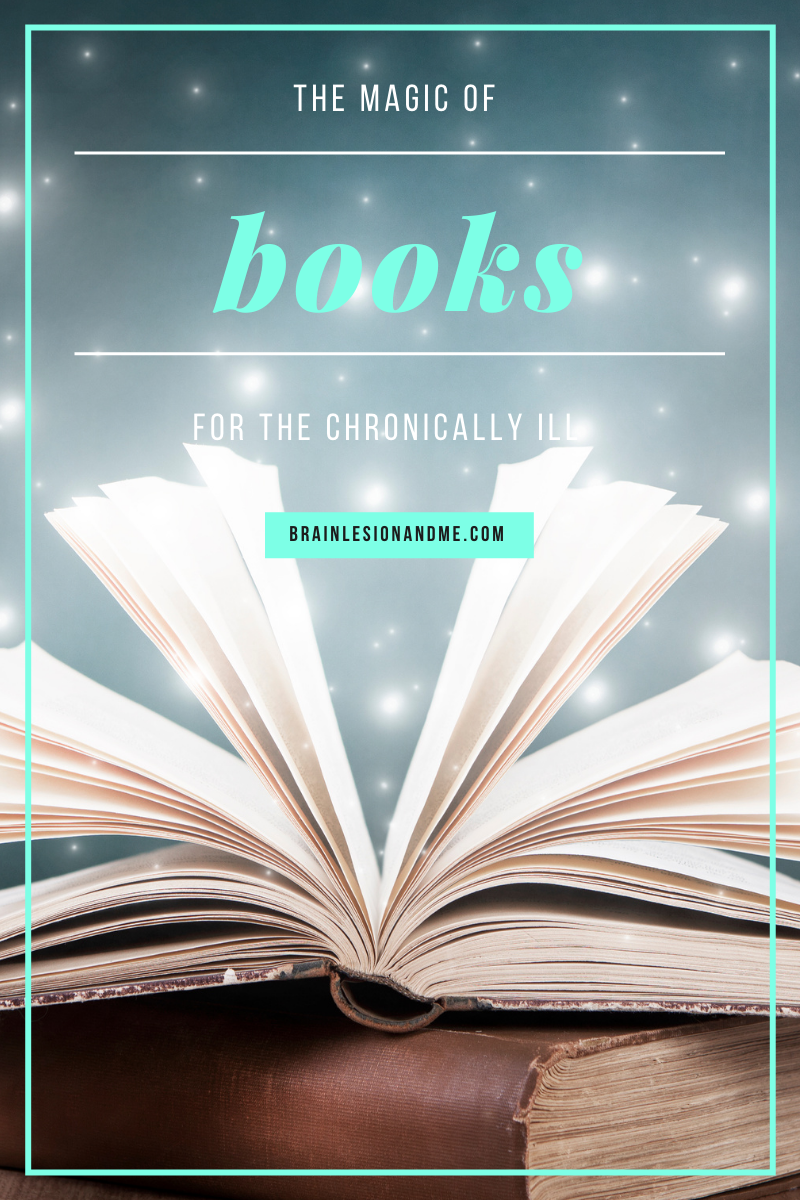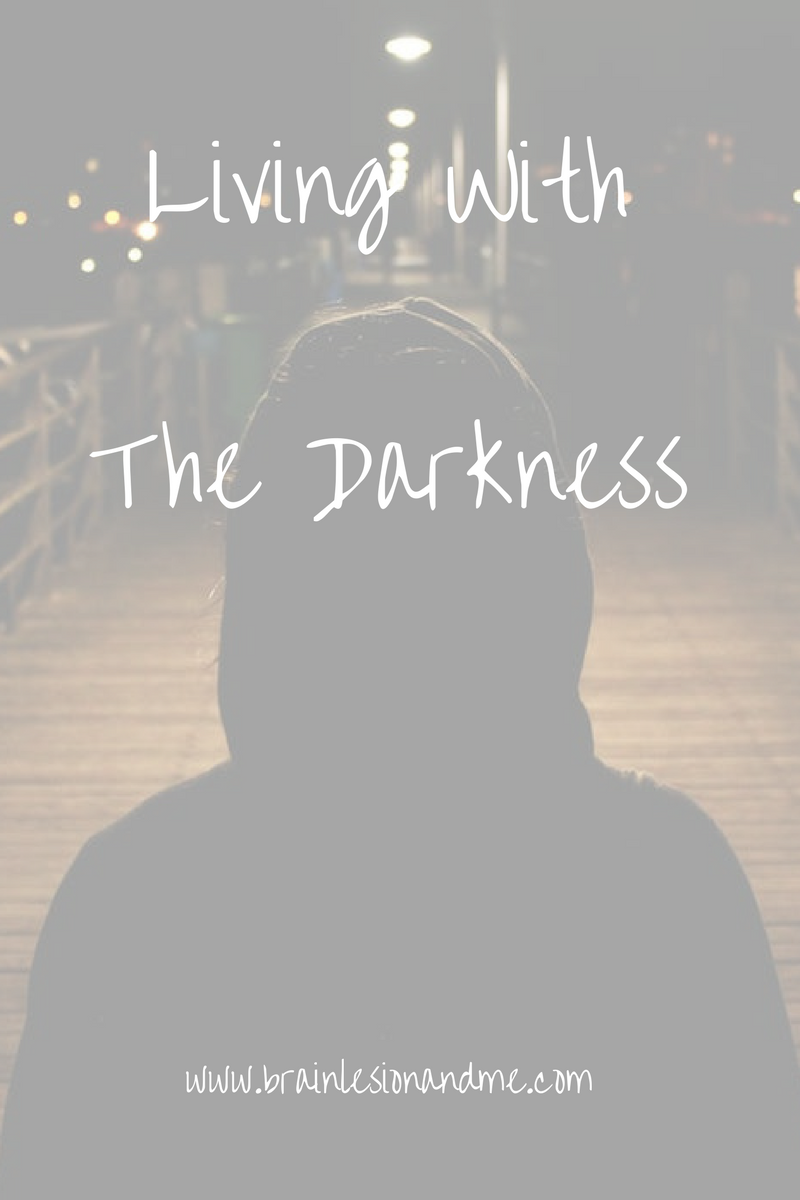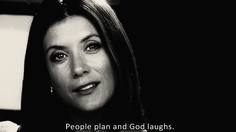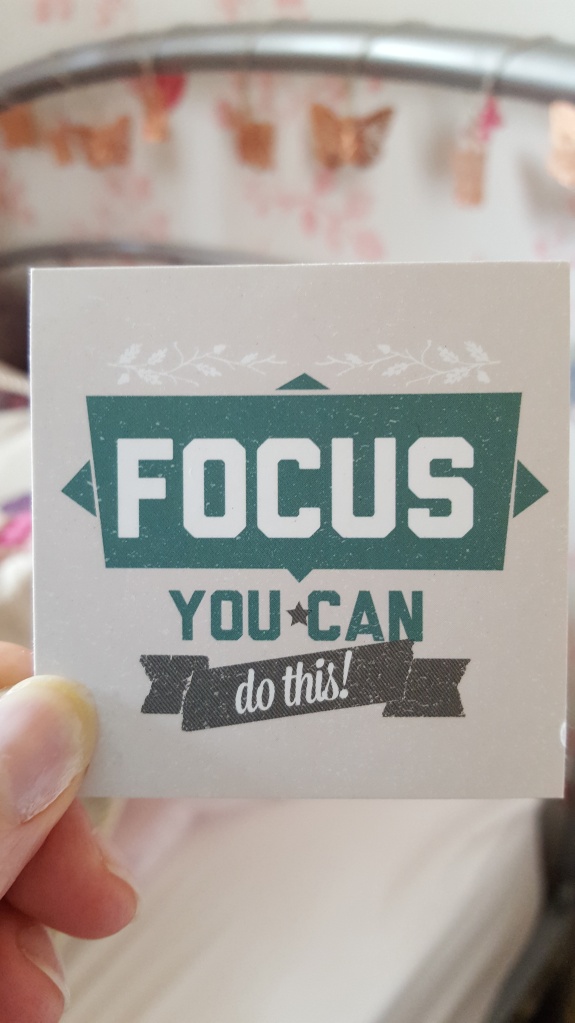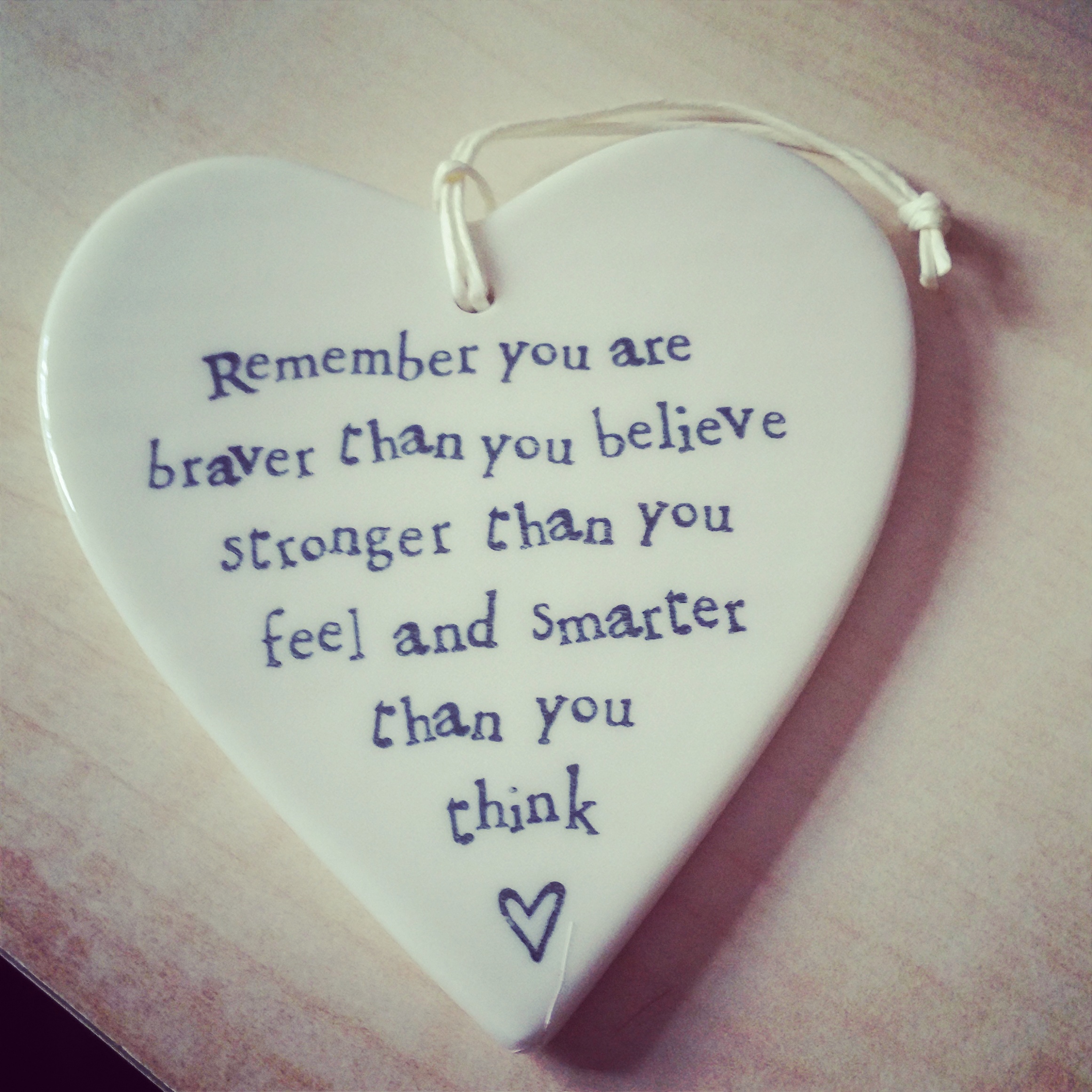Recently, I finished a six-week Mindfulness Course. I
I was referred to the course by a healthcare professional to help with the anxiety that I have lived with for many years and is a consequence of living with a long-term neurological condition.
Everyday Mindfulness, describes it as:
Mindfulness helps to change the way you think and feel about your experiences, especially stressful situations. It involves paying attention to your thoughts and feelings in order to become more aware of them, less enmeshed in them, and better able to manage them.
Throughout the course, we learnt about the principles of mindfulness; specifically the triad of awareness, acceptance and non-judgement that the technique is based upon. Mindfulness teaches us to be focused and aware of the present moment, to acknowledge and accept our feelings without judgement or battling against them, to be better able to embrace them and ultimately let them go.
As the course was facilitated by Mental Health Services, the sessions were focused on the technique being used for anxiety and depression; our negative thoughts were described as being like trains, and when suffering from anxiety we enter the train letting those negative thoughts circumvent our brain. Mindfulness, however, teaches us to stay on the platform, but allow the trains to pass without getting on. Such a brilliant and simple metaphor to explain what mindfulness is and its function.

As the course progressed, I began to realise that the technique could not only be used for anxiety management but also help with the stress that living with a long-term health condition can have, and as I read further to even help manage chronic pain, which something I have been struggling with for some time now. This is supported by much research which has shown that patients with chronic conditions reported feeling calmer, better equipped to deal with illness during times of stress and reported higher levels of well-being after incorporating mindfulness into their daily routine.
[Tweet “Acceptance, in essence, means acknowledging that of what we have no control of”]
After starting the mindfulness and relating it to my life with a neurological condition, I came to realise how little I have actually accepted my illness. When we are mindful, we give our full attention to whatever is happening in the present, and without changing the narrative and judgement of our thoughts and feelings. Acceptance, in essence, means acknowledging that of what we have no control of; accepting life as it is at this exact moment.
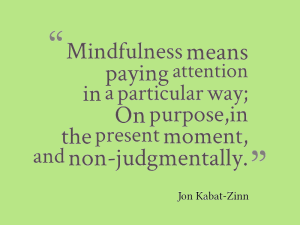
While in the midst of excruciating and debilitating symptoms, however, it is difficult not to judge – ourselves, for our perceived weakness or our failing bodies which cause these symptoms, to begin with. Nor do we as patients sit there without attempting to change our current experience – we try medications, heat/ice packs, warm baths, anything to try and ease the symptoms that are consistently bothering us.
Often I feel at war with my body when my symptoms are severe; I curse, hating my weak legs and the other symptoms giving me grief, wishing that at that time I was someone else, had someone else’s body. I worry about the implications of living with a long-term health condition, such as worrying about the future and as a result, my head becomes permeated with worst case scenarios. So perhaps I hadn’t reached acceptance as I thought.
Mindfulness in many ways somewhat resembles autumn (or fall). It is said that autumn is a beautiful reminder what a relief it is to let things go that we no longer need, or does not serve us any purpose. As trees shed their dead leaves during the season; mindfulness allows us to let go of any negative thoughts which don’t help us and only allows us to get stuck in the depths of despair and hopelessness.
[Tweet “Mindfulness allows us to let go of any negative thoughts which don’t help us… “]
Mindfulness instead teaches us to focus on the present; accept our illness and the way its symptoms make us feel allowing these thoughts and feelings to fall into the background enabling us to focus on the positives. For example, instead of focusing on the pain in my legs, I allow myself to enjoy the feel of the sun on my face or savour the taste of hot chocolate (my favourite Autumn/Winter indulgence!).

I am beginning to incorporate mindfulness during my daily routine, alongside the usual practices such as taking medications and journaling. It is not, unfortunately, a cure for the symptoms associated with my neurological condition, they still exist, but it is a coping strategy for times when everything feels out of my control (which is a lot!). There are days when I find it difficult, but like anything, it can take practice to perfect the technique.
[Tweet “Mindfulness is a useful coping strategy for times when everything feels out of my control.”]
Mindfulness I have realised can be a mechanism to help find the light, during the darkest of days.
Useful Reading about Mindfulness and specifically its use to help chronic pain and chronic illness:
- Living Well With Pain and Illness: Using mindfulness to free yourself from suffering by Vidyamala Burch
- How to Live Well with Chronic Pain and Illness: A Mindful Guide by Toni Bernhard
- Mindfulness for Health: A practical guide to relieving pain, reducing stress and restoring wellbeing by Vidyamala Burch
